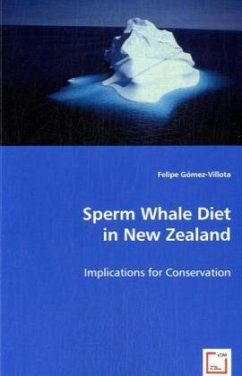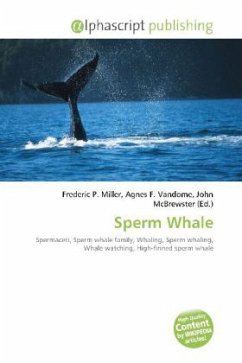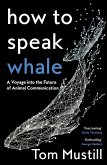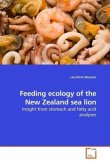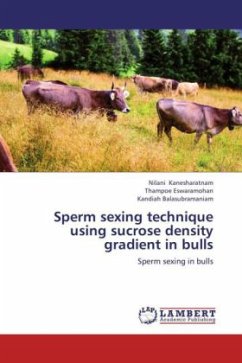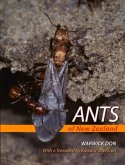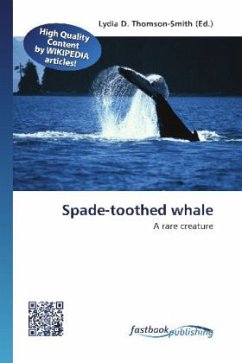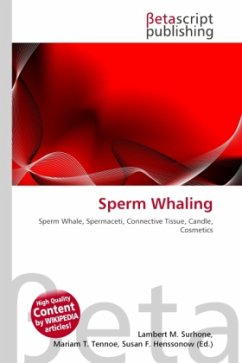Stomach contents of 19 mature sperm whales, 18 males and one female, that stranded on New Zealand beaches between the mid 1990s and 2004 were examined, identified and measured. Three of the stomachs were empty. All other samples consisted almost entirely of cephalopod beaks. A total of 23,223 cephalopod beaks (10,647 upper and 12,576 lower), representing at least 36 species in 17 families were found in the remaining 16 stomachs. Non-Cephalopod remains in the stomachs of sperm whales stranded in New Zealand included limited quantities of fish, salps, crustacean exoskeletons, a copepod, some wood and sand.
The present investigation represents the most comprehensive study of the diet of sperm whales in New Zealanad since the 1960s. The results show that oceanic squid of the families Histioteuthidae, Cranchiidae, Onychoteuthidae and Octopoteuthidae are the most comon remains found in the stomachs of sperm whales stranded on New Zealand beaches, with the families Onychoteuthidae, Histioteuthidae, Octopoteuthidae and Architeuthidae being the most important by estimated weight in whale diet, and the families Cranchiidae, Pholidoteuthidae and Ancistrocheiridae secondarily so.
The present investigation represents the most comprehensive study of the diet of sperm whales in New Zealanad since the 1960s. The results show that oceanic squid of the families Histioteuthidae, Cranchiidae, Onychoteuthidae and Octopoteuthidae are the most comon remains found in the stomachs of sperm whales stranded on New Zealand beaches, with the families Onychoteuthidae, Histioteuthidae, Octopoteuthidae and Architeuthidae being the most important by estimated weight in whale diet, and the families Cranchiidae, Pholidoteuthidae and Ancistrocheiridae secondarily so.

